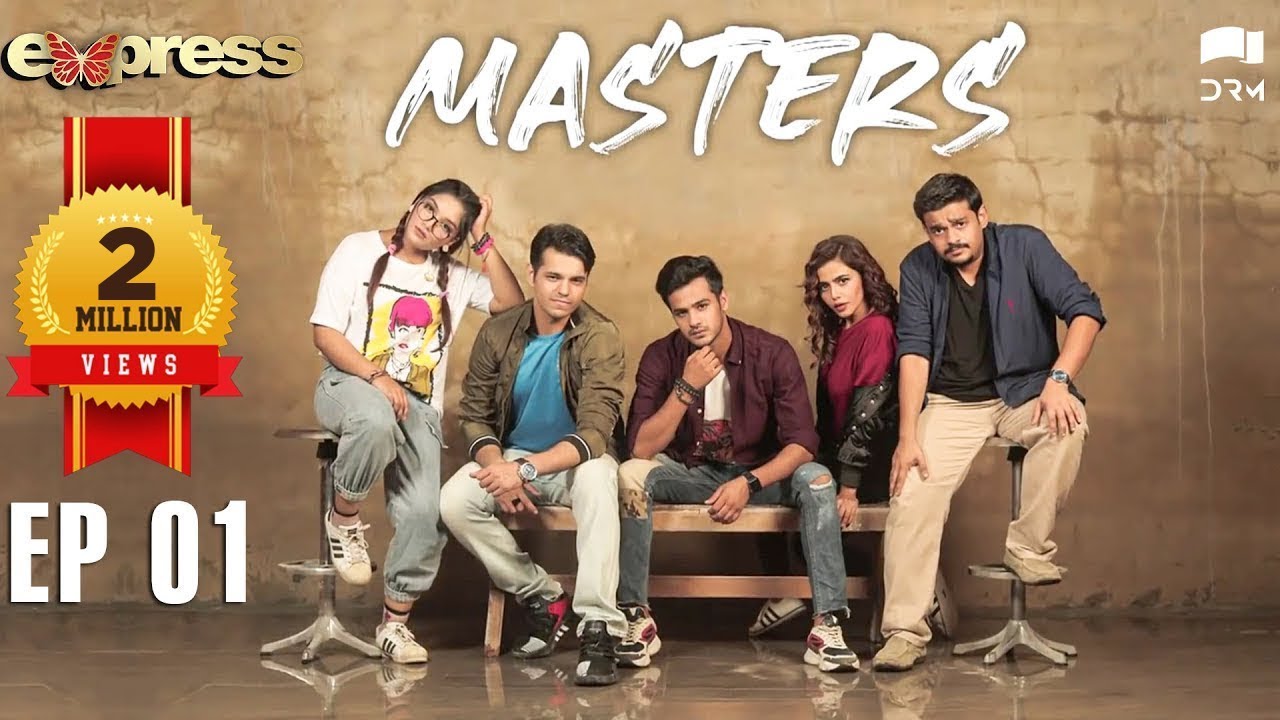Masters Drama Review: Masters dramas, prevalent in South Asian television and film, delve into the complex dynamics between a powerful, influential individual – the “Master” – and those who depend on them. These narratives explore themes of loyalty, betrayal, manipulation, and the sacrifices made in the pursuit of power and favor. This review analyzes a fictional Masters drama, dissecting its plot, characters, and the social commentary it offers.
Plot Overview
At the heart of our fictional Masters drama lies Aditya Singh, a charismatic and ruthless businessman, the quintessential “Master.” He wields immense power, controlling the lives of those around him. Enter Akash, a young, ambitious newcomer seeking Aditya’s patronage. Akash possesses the talent and skills Aditya desires, but at what cost?
Aditya takes Akash under his wing, showering him with opportunities and wealth. Akash, initially grateful, becomes a loyal disciple, rising through the ranks. However, this rise comes with strings attached. Akash might be asked to perform unethical tasks, navigate Aditya’s personal life as a confidante, or even become involved in romantic entanglements with women the Master desires.
Meanwhile, Aditya’s inner circle – trusted advisors, family members, or even a mistress – play their own games. They might manipulate situations, fuel rivalries, or exploit Akash’s loyalty for their own benefit. As Akash gains power, tensions escalate. He might begin to question Aditya’s motives, grapple with the ethical implications of his actions, or struggle with guilt over betraying others.
The drama unfolds with twists and betrayals. An unexpected betrayal by a trusted confidante, a shocking revelation about Aditya’s past, or a power struggle within the inner circle could be the tipping point. This event forces Akash to choose between loyalty and his own moral compass.
Character Analysis
-
Aditya Singh (The Master): Aditya is a complex character. He might be a visionary leader, but also a ruthless manipulator. Exploring the source of his power, past experiences, and insecurities can add depth.
-
Akash: Akash’s journey is central to the narrative. He starts as a wide-eyed idealist, then becomes a conflicted player in the game of power. His struggle with loyalty, ambition, and morality creates a relatable protagonist.
-
The Inner Circle: These characters can be portrayed in various ways. Some might be loyal advisors, others cunning manipulators. Showing their motivations and hidden agendas adds layers of intrigue.
Social Commentary
Masters dramas offer a commentary on the corrupting influence of power and the lengths people go to in its pursuit. They expose the dark side of ambition and the sacrifices made for professional advancement. Additionally, they can highlight the manipulation and control wielded by powerful individuals, often at the expense of those around them. The narrative can also explore the societal structures that perpetuate this dynamic.
Themes
-
Power and Corruption: The core theme revolves around the corrupting influence of power, how it twists and manipulates those who possess it.
-
Loyalty and Betrayal: Characters navigate a constant struggle between loyalty to the Master and self-preservation, leading to inevitable betrayals.
-
Sacrifice and Compromise: The drama explores the sacrifices individuals make in pursuit of power, highlighting the ethical dilemmas and moral compromises involved.
-
Moral Ambiguity: The characters operate in a morally ambiguous world, where the lines between right and wrong are blurred.
Building upon the foundation laid in the previous review, let’s delve deeper into the complexities of Masters dramas. We’ll explore opportunities to add layers to the characters’ motivations, introduce the possibility of redemption, and weave in additional themes for a richer narrative tapestry.
Character Nuance
-
Aditya Singh (The Master): Don’t portray Aditya solely as a villain. Perhaps a traumatic past fuels his hunger for power. Explore his vulnerabilities: Does he fear betrayal? Does he yearn for genuine connection despite his manipulative tactics?
-
Akash: Give Akash a more nuanced internal struggle. Does he crave validation from Aditya or genuinely believe in his vision? Perhaps he experiences a crisis of conscience that forces him to re-evaluate his choices.
-
The Inner Circle: Make the inner circle characters distinct. One might be a loyal advisor struggling with their conscience, another a ruthless opportunist. Exploring their motivations and rivalries creates a more dynamic web of power struggles.
Introducing Redemption
-
A Change of Heart: Can a character experience a genuine change of heart? Maybe Aditya seeks to atone for his past or Akash uses his influence for good.
-
Consequences and Redemption: Show the characters facing the consequences of their actions. Perhaps Aditya loses his power or Akash exposes corruption within the organization. This can pave the way for redemption.
-
The Price of Power: The drama can showcase the emptiness of power when obtained through manipulation. A character who achieves success through ethical means can serve as a counterpoint.
Additional Themes
-
The Cycle of Abuse: Explore how past experiences with powerful figures might shape characters’ actions. Akash’s relationship with Aditya could mirror Aditya’s own past experiences.
-
The Price of Innocence: Akash’s journey can represent the loss of innocence associated with entering a world of power and manipulation.
-
Family and Loyalty: The drama can explore the conflict between loyalty to the Master and loyalty to one’s family. This can create a complex moral dilemma for characters.
Incorporating Social Issues
-
Corruption and Abuse of Power: Masters dramas can be a platform to critique societal issues like nepotism, cronyism, and the exploitation of the less fortunate.
-
The Importance of Whistleblowers: The drama can highlight the courage it takes to expose wrongdoing within a powerful organization.
-
The Struggle for Social Justice: The narrative can explore how individuals or groups challenge the established power structures perpetuated by the Master.
Alternative Endings
-
A Glimmer of Hope: The drama doesn’t need a perfectly happy ending, but it can offer a hopeful outlook. Akash exposing corruption or Aditya taking steps towards redemption can inspire viewers.
-
Breaking the Cycle: Perhaps Akash leaves the Master’s world, choosing a simpler life based on integrity. This can showcase the possibility of escaping the cycle of power and manipulation.
-
Downfall of the Master: The drama might end with Aditya’s empire crumbling due to his own actions, serving as a cautionary tale about the dangers of unchecked power.
Conclusion
Masters dramas offer a captivating exploration of power dynamics and the human cost of ambition. While the entertainment value is undeniable, these narratives prompt viewers to contemplate the true price of success and the importance of ethical conduct.










+ There are no comments
Add yours